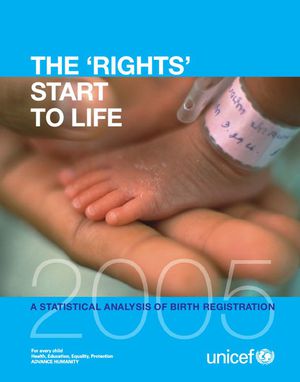
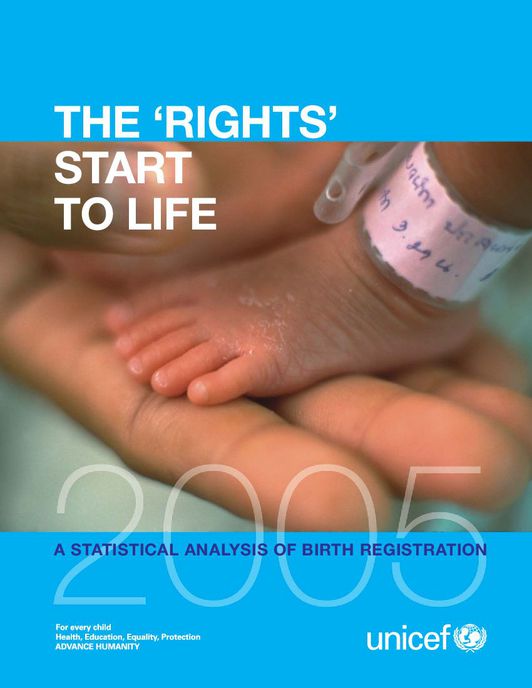
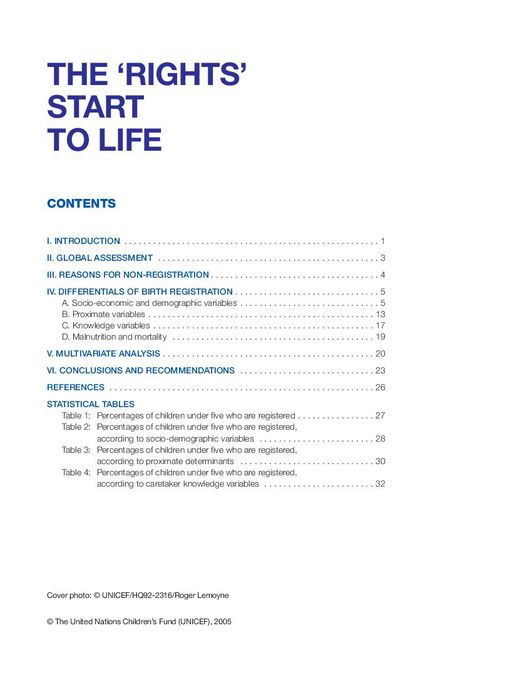
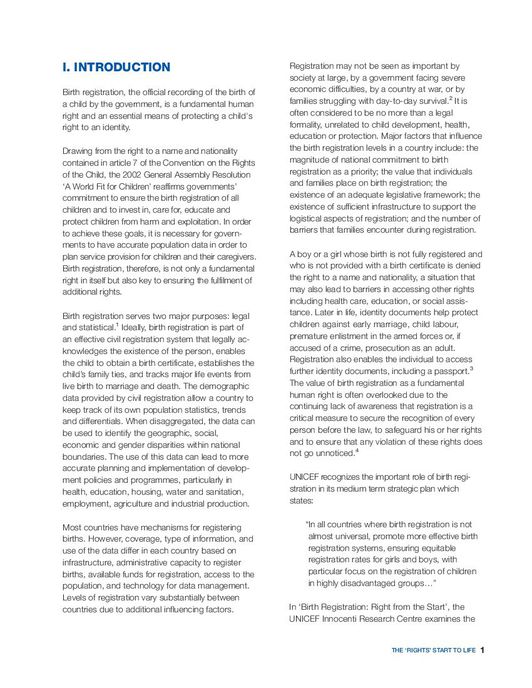
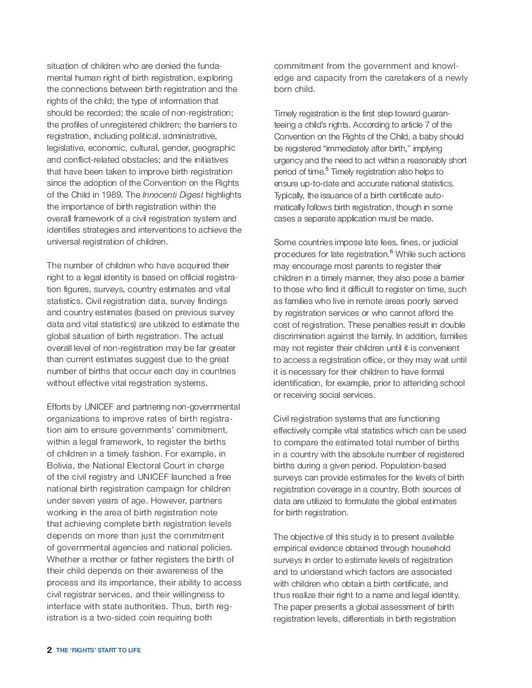
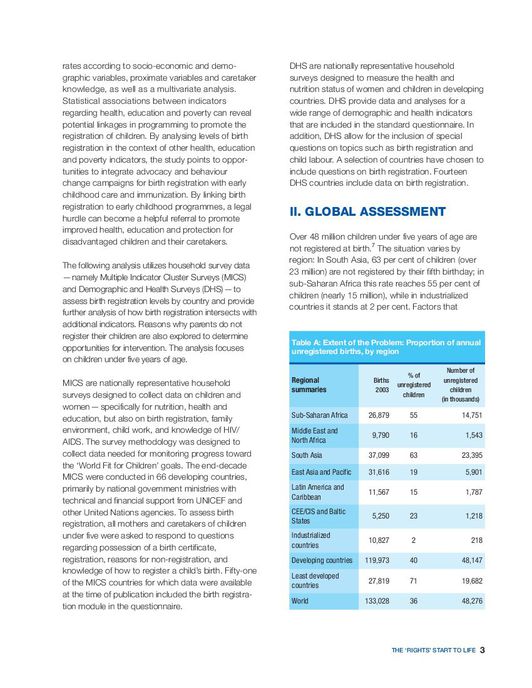
Usted debe ser miembro de la comunidad ForChildren.com para descargar recursos. ¡Haga clic en los botones de abajo para iniciar sesión o registrarse!
| Categoría | Protección del participante |
Birth registration, the official recording of the birth of a child by the government, is a fundamental human right and an essential means of protecting a child's right to an identity. Drawing from the right to a name and nationality contained in article 7 of the Convention on the Rights of the Child, the 2002 General Assembly Resolution ‘A World Fit for Children’ reaffirms governments’ commitment to ensure the birth registration of all children and to invest in, care for, educate and protect children from harm and exploitation. In order to achieve these goals, it is necessary for governments to have accurate population data in order to plan service provision for children and their caregivers. Birth registration, therefore, is not only a fundamental right in itself but also key to ensuring the fulfilment of additional rights. Birth registration serves two major purposes: legal and statistical.1 Ideally, birth registration is part of an effective civil registration system that legally acknowledges the existence of the person, enables the child to obtain a birth certificate, establishes the child’s family ties, and tracks major life events from live birth to marriage and death. The demographic data provided by civil registration allow a country to keep track of its own population statistics, trends and differentials. When disaggregated, the data can be used to identify the geographic, social, economic and gender disparities within national boundaries. The use of this data can lead to more accurate planning and implementation of development policies and programmes, particularly in health, education, housing, water and sanitation, employment, agriculture and industrial production. Most countries have mechanisms for registering births. However, coverage, type of information, and use of the data differ in each country based on infrastructure, administrative capacity to register births, available funds for registration, access to the population, and technology for data management. Levels of registration vary substantially between countries due to additional influencing factors. Registration may not be seen as important by society at large, by a government facing severe economic difficulties, by a country at war, or by families struggling with day-to-day survival.2 It is often considered to be no more than a legal formality, unrelated to child development, health, education or protection. Major factors that influence the birth registration levels in a country include: the magnitude of national commitment to birth registration as a priority; the value that individuals and families place on birth registration; the existence of an adequate legislative framework; the existence of sufficient infrastructure to support the logistical aspects of registration; and the number of barriers that families encounter during registration. A boy or a girl whose birth is not fully registered and who is not provided with a birth certificate is denied the right to a name and nationality, a situation that may also lead to barriers in accessing other rights including health care, education, or social assistance. Later in life, identity documents help protect children against early marriage, child labour, premature enlistment in the armed forces or, if accused of a crime, prosecution as an adult. Registration also enables the individual to access further identity documents, including a passport.3 The value of birth registration as a fundamental human right is often overlooked due to the continuing lack of awareness that registration is a critical measure to secure the recognition of every person before the law, to safeguard his or her rights and to ensure that any violation of these rights does not go unnoticed
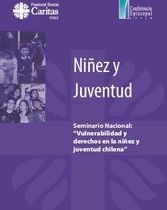
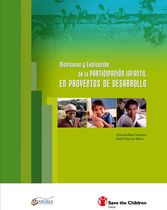

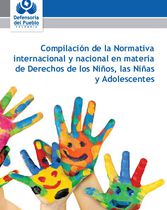
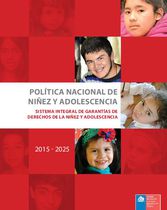
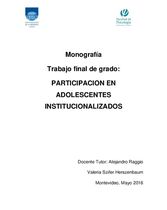

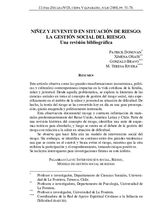
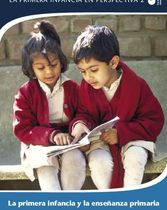
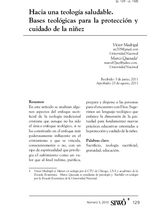
ForChildren.com es presentado por Compassion International, una organización 501(c)3 registrada sin fines de lucro. Todos los recursos, los cursos y las discusiones son para propósitos educativos únicamente, no para lucrar.